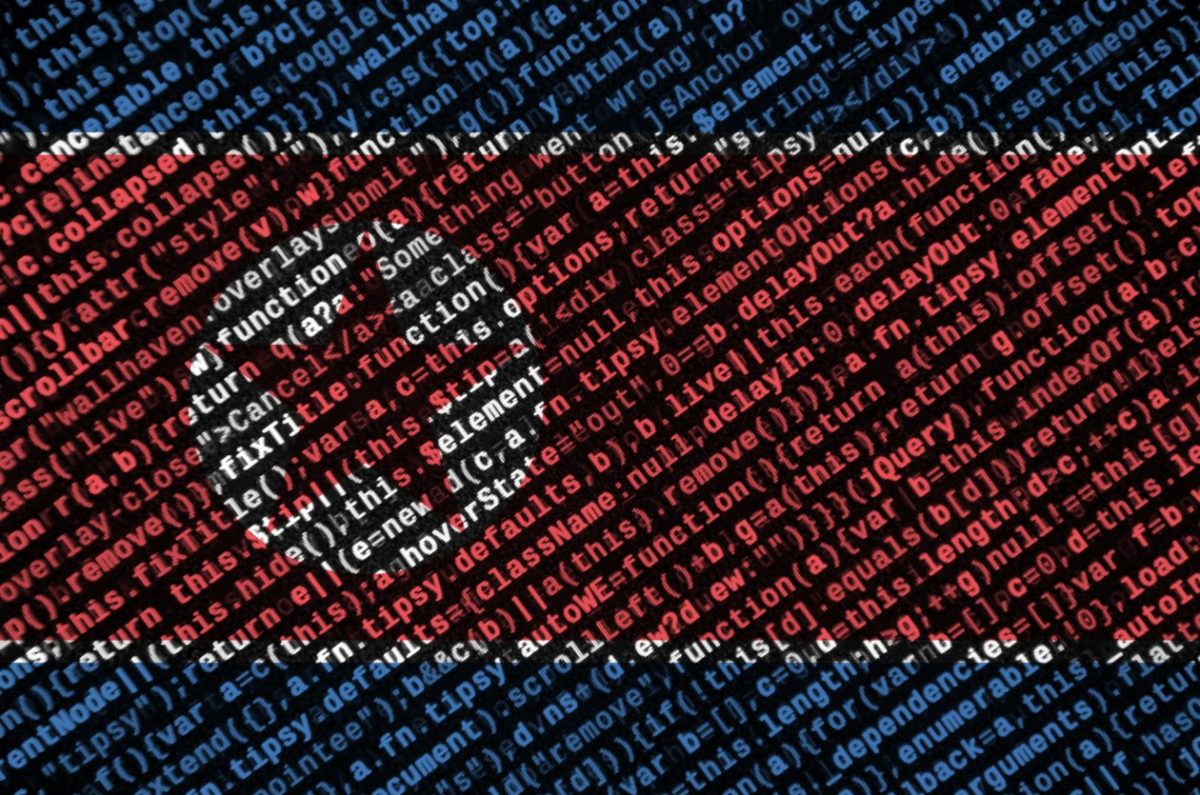U.S. Government Targets Stolen Crypto Assets from North Korean Hackers
08.10.2024 15:30 1 min. read Alexander Stefanov
On October 4, 2024, the U.S. government took legal steps to recover over $2.67 million in digital assets that were allegedly pilfered by North Korea's Lazarus Group.
The action targets approximately $1.7 million in Tether (USDT), linked to a 2022 hack of the Deribit exchange, which suffered losses totaling $28 million.
Following the breach, the hackers funneled the stolen funds through Tornado Cash and multiple Ethereum wallets to obscure their trail. Additionally, the government is pursuing around $970,000 in Avalanche-bridged Bitcoin (BTC.b) stolen during the Lazarus Group’s attack on Stake.com in 2023, which resulted in over $41 million in damages.
The Lazarus Group has been connected to numerous cyberattacks, including the July 2024 hack of WazirX, where about $235 million was taken. A report by onchain analyst ZackXBT highlighted a network of North Korean developers infiltrating at least 25 cryptocurrency projects, using fake identities to exploit vulnerabilities and steal assets.
In response to the group’s activities, the FBI issued warnings in September 2024 regarding scams involving false job offers, where unsuspecting users were tricked into downloading malware disguised as employment documents, leading to potential data breaches.
-
1
SEC Charges Georgia-based First Liberty and Owner in $140 Million Ponzi Scheme
12.07.2025 17:00 2 min. read -
2
Ex-NCA Officer Jailed for Stealing 50 BTC From Dark Web Criminal
17.07.2025 20:00 3 min. read -
3
Crypto Platform Suffers $12 Million Exploit Across Multiple Blockchain Networks
24.07.2025 20:23 2 min. read -
4
CoinDCX Suffers $44M Breach, Customer Funds Remain Secure
20.07.2025 10:00 1 min. read -
5
Justice Department Ends Kraken’s Co-founder Probe, Returns Seized Devices
23.07.2025 11:00 1 min. read
Crypto Platform Suffers $12 Million Exploit Across Multiple Blockchain Networks
WOO X, a popular cryptocurrency trading platform, has been hit by a serious security breach.
$3.1 Billion Lost: Hacken’s 2025 Report Reveals Web3 Security Crisis
The first half of 2025 has already become the most damaging period in Web3 security history, according to Hacken’s newly released Half-Year Security Report.
Justice Department Ends Kraken’s Co-founder Probe, Returns Seized Devices
The U.S. Department of Justice has officially ended its investigation into Kraken co-founder Jesse Powell, according to a Fortune report.
CoinDCX Suffers $44M Breach, Customer Funds Remain Secure
Indian crypto exchange CoinDCX has confirmed a $44 million security breach involving one of its internal liquidity accounts.
-
1
SEC Charges Georgia-based First Liberty and Owner in $140 Million Ponzi Scheme
12.07.2025 17:00 2 min. read -
2
Ex-NCA Officer Jailed for Stealing 50 BTC From Dark Web Criminal
17.07.2025 20:00 3 min. read -
3
Crypto Platform Suffers $12 Million Exploit Across Multiple Blockchain Networks
24.07.2025 20:23 2 min. read -
4
CoinDCX Suffers $44M Breach, Customer Funds Remain Secure
20.07.2025 10:00 1 min. read -
5
Justice Department Ends Kraken’s Co-founder Probe, Returns Seized Devices
23.07.2025 11:00 1 min. read


